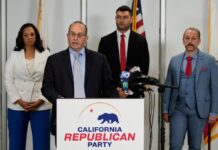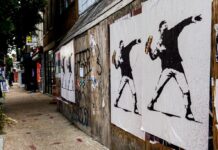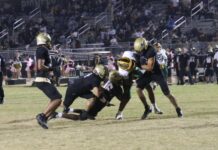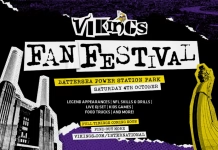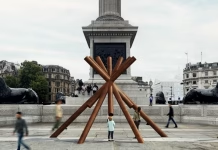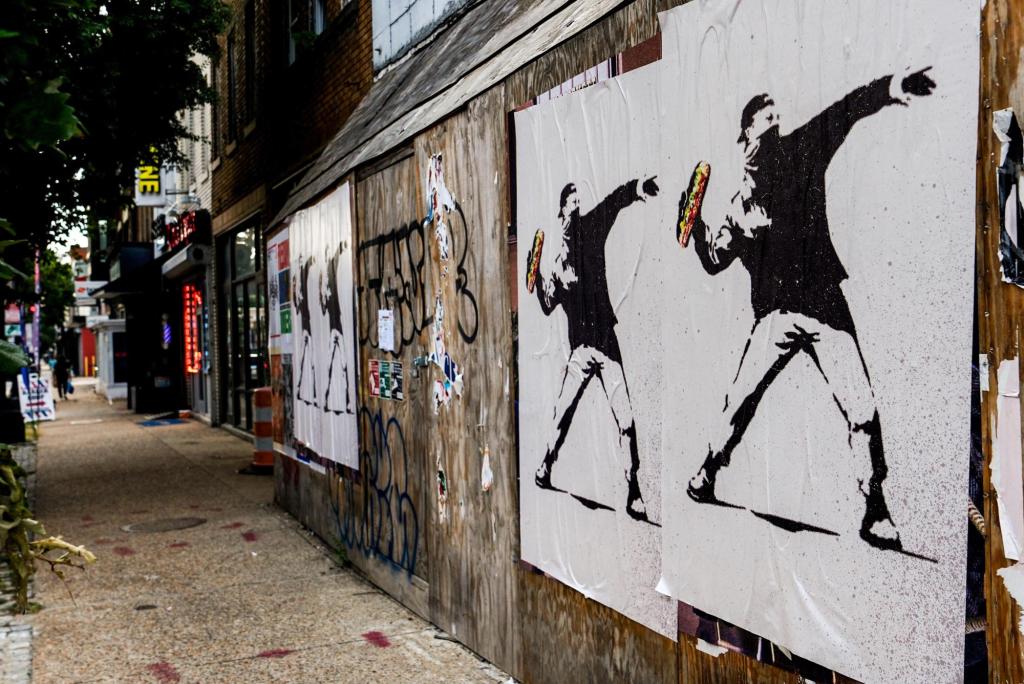In a surprising twist of events, a seemingly trivial act has escalated into a significant legal battle that encapsulates the tension between federal authority and local sentiment in Washington, D.C. You might wonder, how did hurling a sandwich at a federal agent become a symbol of resistance against the Trump administration’s law enforcement measures? This article delves into the case of Sean Charles Dunn, a man whose actions have sparked debates on political expression, law enforcement, and the implications of federal intervention in local matters.
Dunn’s story unfolds against the backdrop of a nationwide discourse on governmental power and civil liberties. As the trial progresses, it raises questions about the boundaries of protest and the extent of federal reach. Let’s explore the key aspects of this intriguing case.
Understanding the Incident: The Sandwich Toss
On August 10, Sean Charles Dunn, frustrated with the presence of Customs and Border Protection agents outside a nightclub, decided to voice his discontent in a rather unusual manner. He threw a sandwich at an agent while shouting accusations of «fascism» and «racism.» This act, captured on video, quickly went viral, illustrating the growing local resistance to federal enforcement efforts in the city.
But what drove Dunn to this point? With President Trump deploying federal agents to assist local police, many residents felt their autonomy was under siege. Dunn’s actions can be seen as a manifestation of this sentiment, reflecting a broader discontent with federal overreach.
The Legal Proceedings: A Case of Selective Prosecution?
Currently, Dunn faces charges that include assaulting and intimidating a federal officer. However, his legal team argues that his prosecution is politically motivated. They suggest that the government’s response is disproportionate, especially considering the leniency shown to many who stormed the Capitol on January 6, 2021.
Dunn’s attorney, Julia Gatto, pointedly questioned the inconsistency in the government’s approach. “Why is Dunn facing prosecution when others have been pardoned?” she asked during a recent hearing, highlighting the disparity in treatment between different political expressions.
The Cultural Impact: Murals and Public Sentiment
Interestingly, Dunn’s sandwich toss has resonated with many in Washington, leading to the creation of murals celebrating his defiance. This artistic expression serves as a reminder of the complexities surrounding political protests in a divided nation. It reveals how a single act can morph into a cultural phenomenon, inciting discussions about the boundaries of protest and the role of federal forces in local governance.
What’s Next for Dunn?
As the trial approaches, all eyes are on how the jury will interpret Dunn’s actions. Will they see him as a renegade or as a symbol of defiance against perceived oppression? The courtroom drama is set to unfold, but one thing is clear: Dunn’s case is more than just a legal battle; it’s a reflection of the current political climate and the ongoing struggle between citizens and their government.
In a landscape where protests are often met with heavy-handed responses, Dunn’s story raises essential questions: Can political expression justify actions that break the law? And in a democracy, how do we balance dissent with order? These questions will likely linger long after the trial concludes, echoing through the halls of power and into the hearts of citizens nationwide.

